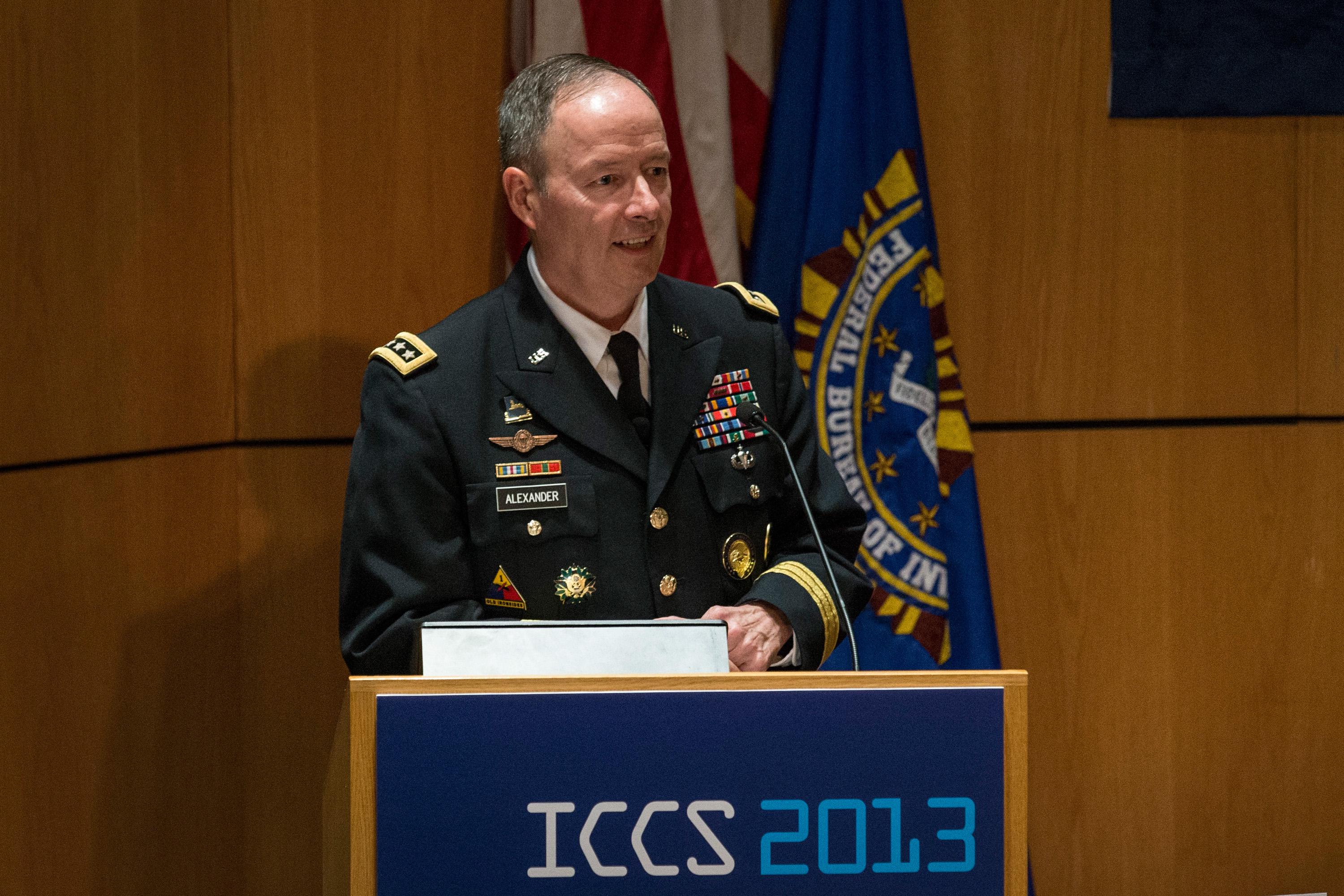Yesterday’s news that the National Security Agency has waged a largely successful war against encryption is a fresh reminder of the NSA’s ongoing reckless and frightening behavior. However, the NSA isn’t just some rogue agency. Its actions are rooted in American failures, and all of us have virtual blood on our hands. The good news is that means we can do better than merely stopping these surveillance programs—we can pre-empt the next ones.
The NSA activities begin with rampant security paranoia. We’d rather kill one terrorist today than avoid creating two from the drone strike casualties. Any terrorist attack on American soil is political murder.
Such pressure is helpful where it holds the state to the highest possible standard and aids us in evaluating costs. But outright “victory” is impossible. There will be more attacks.
From the perspective of the beleaguered security agency, omnipotence and omnipresence therefore make perfect sense. For a politician, campaign promises that only an omnipotent security apparatus can achieve are similarly a no-brainer.
But the American people are also culpable, because by and large we allowed political security hysteria to thrive, elected unscrupulous and ignorant politicians, failed to oppose laws that provide for violations of our rights, and failed to support laws that would protect or even bolster our rights. In 2003, only 22 percent of Americans said the Patriot Act went too far in restricting civil liberties in the fight against terrorism, 48 percent said it was about right, and 21 percent said it didn’t go far enough. In 2011, 58 percent of respondents to another poll said the Patriot Act was necessary, while only 31 percent said it put too much power in the hands of the government. This long-term support provided for the political foundations for these programs.
Once in power, politicians empower the executive agencies with bad laws. Anyone could have seen today’s revelations coming: The Communications Assistance for Law Enforcement Act was designed to mandate surveillance capabilities across the entire communications industry. CALEA was passed in 1994, and the security state has constantly pushed for its expansion.
The executive’s job is to keep America safe, and it’s afforded tremendous leeway in figuring out how to do that. The judiciary, even the Supreme Court, defers to agencies like the NSA or FBI whenever possible. This is why the NSA thinks it can get away with calling its massive surveillance legal under the Patriot Act, even as one of the legislation’s authors calls the argument unreasonable. It’s also why the DEA has the gall to argue that parallel construction is a “bedrock concept,” while everyone else calls it “phonying up investigations.”
But everyone thinks it’s someone else’s job to get the foxes out of the henhouse. If Americans don’t care enough to do something, the executive won’t care what they think.
Inevitably, more people will die from terrorists attacks, and the surveillance state will get worse. And while there are more effective, less intrusive ways of protecting the citizenry, sooner or later, predictive analytics will be an effective option for identifying threats. If we feed the algorithms all of our information, anyway.
Now what?
Passive limits, like those implied but not affirmatively stated by the Patriot Act, are inadequate. Vocally opposing laws that infringe on our rights, like CALEA and the Patriot Act, while supporting legislation that bolsters them, like the Amash amendment, can and must be done before the government absorbs yottabytes of data, not just after. If Americans fail to do this, all of this outrage will merely be another thump in this game of Security Whac-A-Mole Theater, in which Americans demand perfect protection without clear limits and get one program closed, only for a new, virtually identical offender to take its place. Affirmative rights, meanwhile, are much more difficult for law enforcement to avoid.
To stop today’s programs, America’s outrage needs to last until the next election cycle. But to stop the next program, advocates must oppose bad laws at their outset, and loudly support legislation that affirmatively protects our rights. Just as support for the Patriot Act persisted for nearly a decade, the developing opposition to these programs must persist if we hope to reverse the degeneration of our civil liberties. Americans must support organizations like the EFF, which work tirelessly on these issues, and concretize public opposition. These are steps that would have fundamentally changed the modern surveillance state.
Privacy advocates have prevailed before. The Electronic Communications Privacy Act (better known for its 180-day email privacy “limit”) created protections for email communications in 1986. Congress bolstered our rights. Courts may not have been so kind. This should be America’s endgame, not simply killing PRISM or Bullrun.
Might this all endanger us? Attacks are inevitably blamed on too little power in the hands of the security apparatus. But there will always be more to give up in desperate bargains for safety. Meanwhile, the CIA, FBI, and NSA will do everything they can to keep us safe. That’s great. But if that meant shooting our dogs so that we don’t trip over them at night, they’d find someone perfect for the job.
Altering the way we are protected demands time and persistence. And our failure is how we got here in the first place.
America demanded a whipping dog—now we’re surprised it bites.
